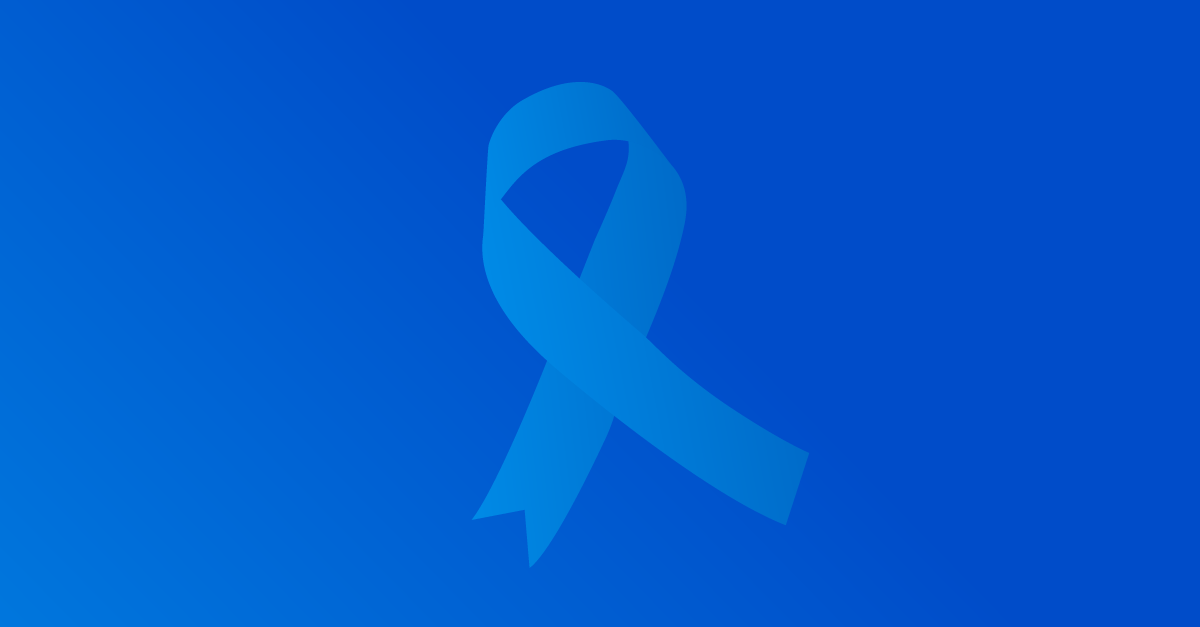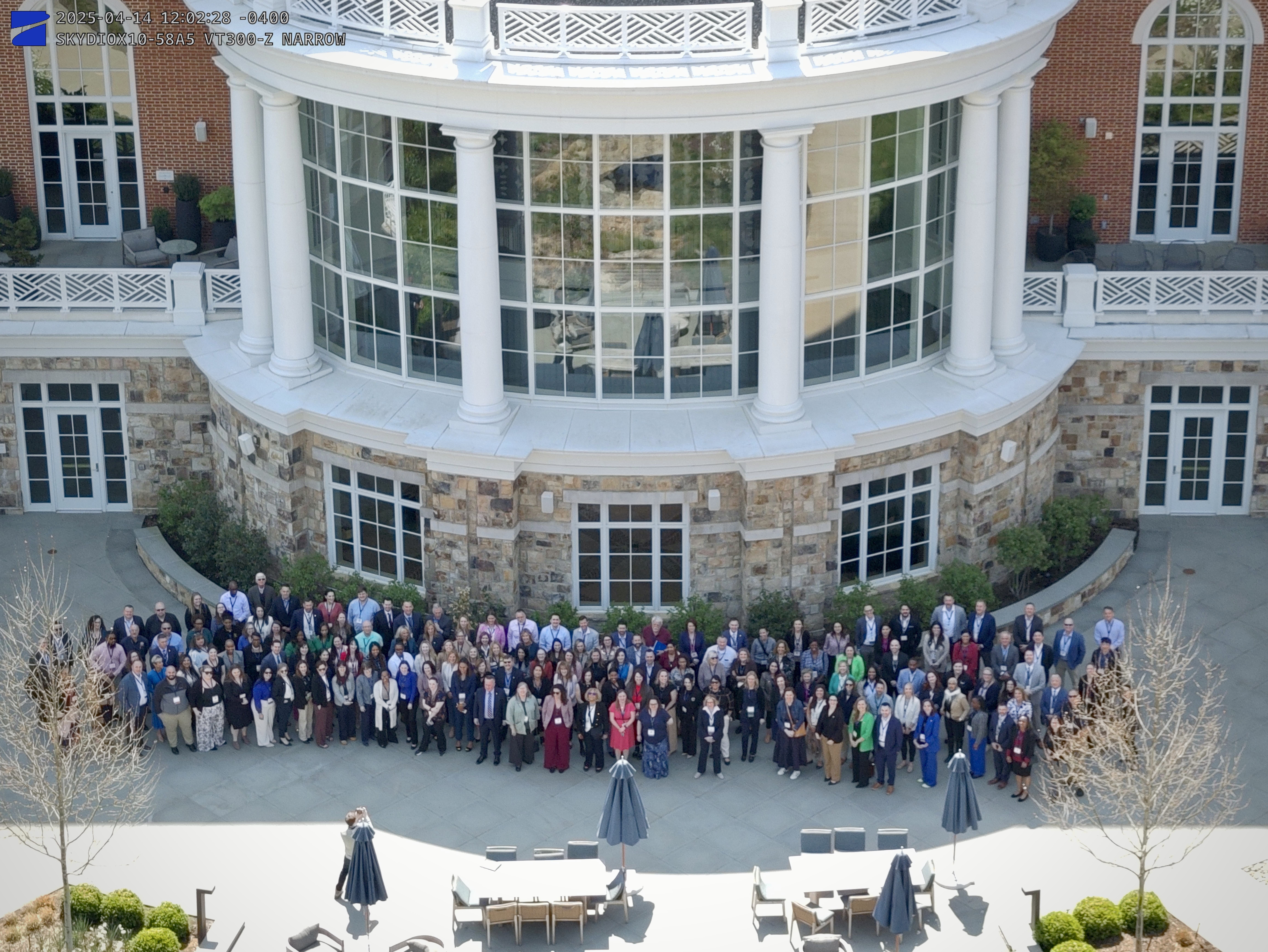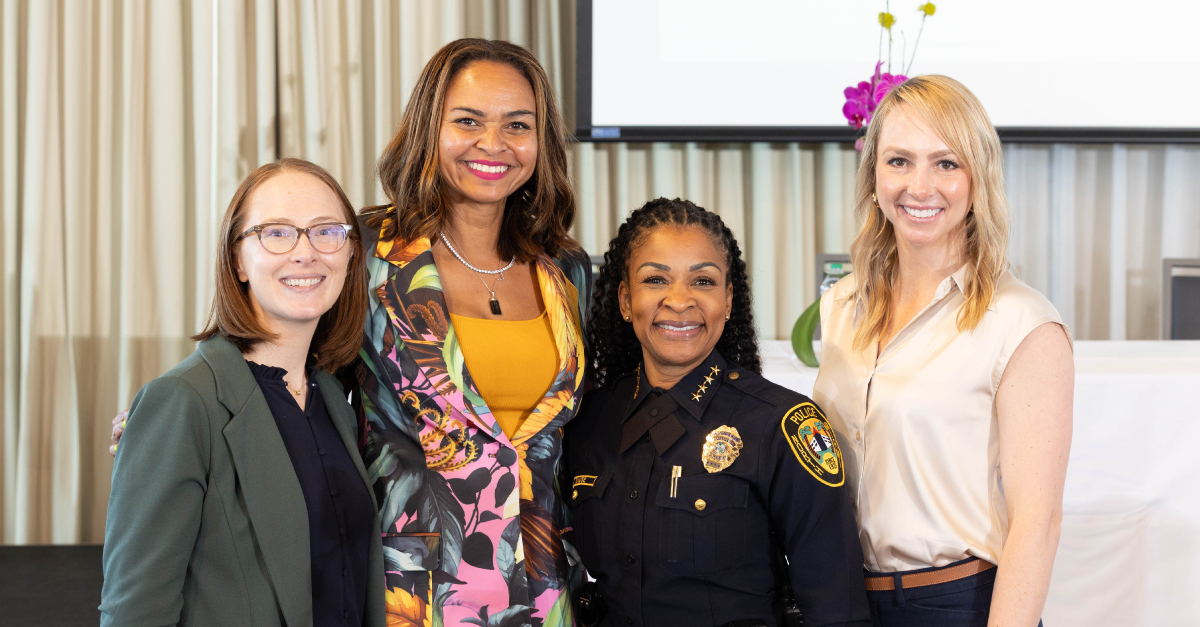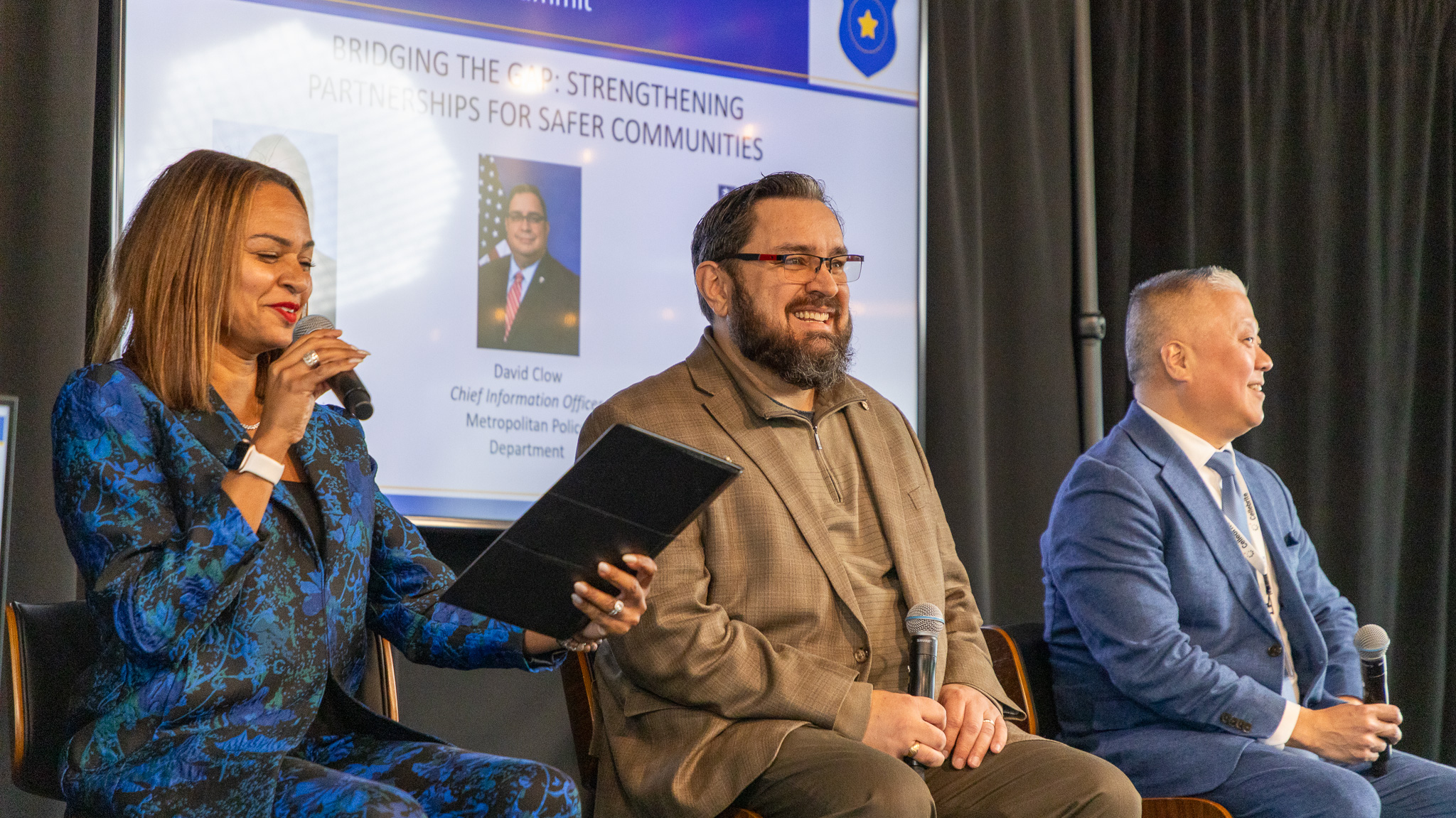
Yesterday we acknowledged the estimated 40.3 million victims of human trafficking and involuntary servitude worldwide and recognized the crime of human trafficking as complex, dynamic, and resource-intensive for the law enforcement agencies working to rescue victims and prosecute perpetrators.
Today we’re continuing our Q&A with Mark43 employees who are former human trafficking investigators and current victim advocates to get their perspectives on the tools and technologies that best support human trafficking investigations.

What tools/training did you find most helpful in combating human trafficking?
Adam Brewer: “I was able to attend a week-long training taught by Daniel Steele, a renowned human trafficking investigator, court-certified expert, and former sergeant with the Denver Police Department. The training was excellent; it covered the signs of human trafficking and how to investigate, organize, and prosecute these challenging cases.
Utilizing outside resources, like the U.S. Homeland Security Investigations unit (HSI), to assist me and lean on their investigative tools and resources. And, of course, the victim advocates were extremely valuable for the victims.”
Ari Venezia-Zahemski: “FBI, Department of Homeland Security (DPS), and non-profit trainings.”
Lauren Mills: “The National Center for Missing and Exploited Children (NCMEC) was an invaluable asset to me in investigating these types of cases. NCMEC’s reach is much broader than the average law enforcement agency, and they were able to help us make connections that we might have otherwise missed.”
Leland Klauzer: “Learning how to handle cases in a trauma-informed and victim-centric manner. I worked with some amazing advocates and officers who put in time and energy around the clock to build relationships. We also performed undercover missions to curb demand from buyers and identify victims and traffickers. It takes a special kind of officer to have all of the technologically savvy, officer safety skills and empathic communication skills required for this role.”
Human trafficking investigations can be very resource-intensive. Are there ways that public safety technologies can better support these cases?
Adam Brewer: “A robust and dynamic case management system is a huge help with these cases. Due to their dynamic nature, I had to know the status of all the moving parts at any given time.
Law enforcement analytics tools can significantly assist with identifying victims, suspects, and witnesses. Analytics tools also paint a visual picture that can be utilized in court to show the relationships of the individuals involved in the case.”
Ari Venezia-Zahemski: “I would love to see more focus on technology to support victim services. Many departments are supported by victim service teams, but these teams are often underserved by technology.”
Lauren Mills: “I would love to see additional methods of connecting agencies in real-time so information can be directly shared from agency to agency in a secure manner. Strengthening communication between agencies is one of the significant ways public safety technologies can impact.”
Leland Klauzer: “Human trafficking used to occur mostly with girls walking on the street and buyers stopping to pick them up. Then it moved to the internet with Backpage and Craigslist. Now there are hundreds of different sites. Many of these sites are blocked with accounts and paywalls or have identity verification measures that make it more difficult for law enforcement to investigate crimes occurring on those sites.
Transactions have moved from paper currency to crypto, so the ability to keep ahead of the curve on technology is crucial for these investigations. Staying ahead is difficult with the bureaucratic difficulties inherent in a government organization.
One of the best tools I used was Spotlight, one of the technologies created by the non-profit Thorn. The tool is free for law enforcement agencies, and it shifts through the enormous amount of data on the internet to find exploited children and identify their traffickers.”
Have you experienced information sharing or data best practices that aided your investigation?
Adam Brewer: “Having a crime analyst utilizing crime analysis tools greatly assisted my investigations. Being able to receive information from many sources, have it analyzed, and plot it out visually helped me tell the story to the prosecutors so they could accurately charge and prosecute all of the suspects/defendants.”
Leland Klauzer: “Because traffickers move victims between jurisdictions, it can lead to some awkward cases. It’s important to build a relationship with a victim because having multiple different law enforcement agencies interacting with them can cause confusion and deepen distrust.”
Lauren Mills: “I think it would be difficult to find someone in this field who has not had experience with data sharing limitations.
I personally dealt with instances where even a neighboring jurisdiction was working on a similar (or even related) case and we didn’t know it early on. To combat this, my agency’s investigators met with other neighboring agencies monthly to share an overview of the cases we were working on and compare notes to see if there was any overlap. It greatly enhanced our investigations and increased sharing outside of those meetings as we established deeper relationships with our neighboring agencies.”
If you or someone you know is a victim of human trafficking, or if you suspect human trafficking, contact:
- U.S. National Human Trafficking Hotline by calling 1-800-373-7888 (TTY: 711), by texting 233733, or via live chat through their website.
- Canada National Human Trafficking Hotline by calling 1-833-900-1010 or via live chat through their website.
- Australian Federal Police at 131 AFP (131237), email human-trafficking-group@afp.gov.au, or through the AFP website.
- U.K. Modern Slavery & Exploitation Helping by calling 08000 121 700 or through the Unseen U.K. website.
- Other international hotlines are available from the European Commission.





